If your company imposes qualification standards on employees, such as requiring them to meet certain medical or physical standards, pass certain tests, or complete certain trainings, you should have an employment law attorney review your policies, standards, and testing processes.
Over the past year, the U.S. Equal Employment Opportunity Commission has been putting employers under a microscope to determine if they are running afoul of the federal Americans with Disabilities Act by using qualification standards to screen out persons with disabilities. For example, the EEOC initiated an enforcement action last fall against Union Pacific Railroad for requiring locomotive engineers and conductors to pass a “light cannon test” to confirm that they did not have a color vision deficiency. According to the EEOC, the test does not accurately assess whether someone can identify the color of railway signals, and it has resulted in the illegal termination of employees on the basis of perceived disability.
The EEOC is seeking back pay and damages for affected employees. The EEOC has also sued Alliance Ground International, a major cargo logistics and handling company that allegedly refused to hire a qualified applicant to handle mail at one of its facilities because he was deaf. Alliance Ground allegedly denied the applicant a position because of a false assumption that hearing-impaired individuals cannot work safely in a warehouse setting. According to the EEOC, Alliance Ground failed to explore the numerous accommodations that could be made to enable qualified deaf workers to perform the required job functions. Meanwhile, the EEOC brought an enforcement action against retail giant Walmart alleging that Walmart violated the ADA by firing employees with disabilities who, despite satisfactory job performances, failed to pass a training course shortly after they were hired. The EEOC claims the test was unrelated to the employees’ duties.
If you have questions about the ADA and EEOC claims for your business, contact our employment attorney at Mahdavi, Bacon, Halfhill & Young, PLLC today.

